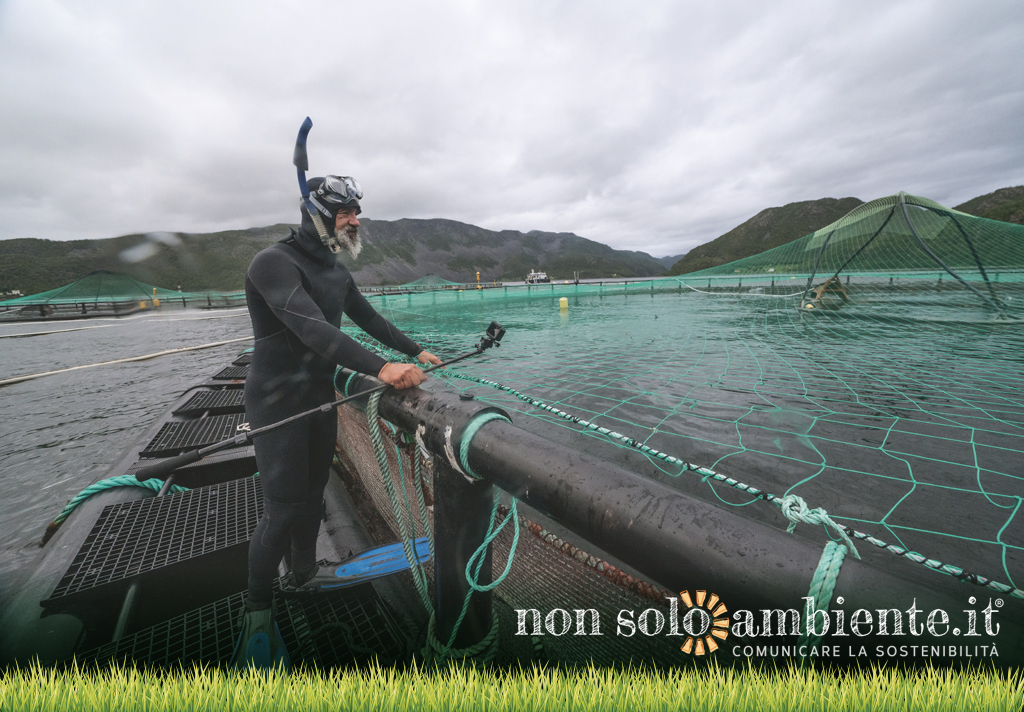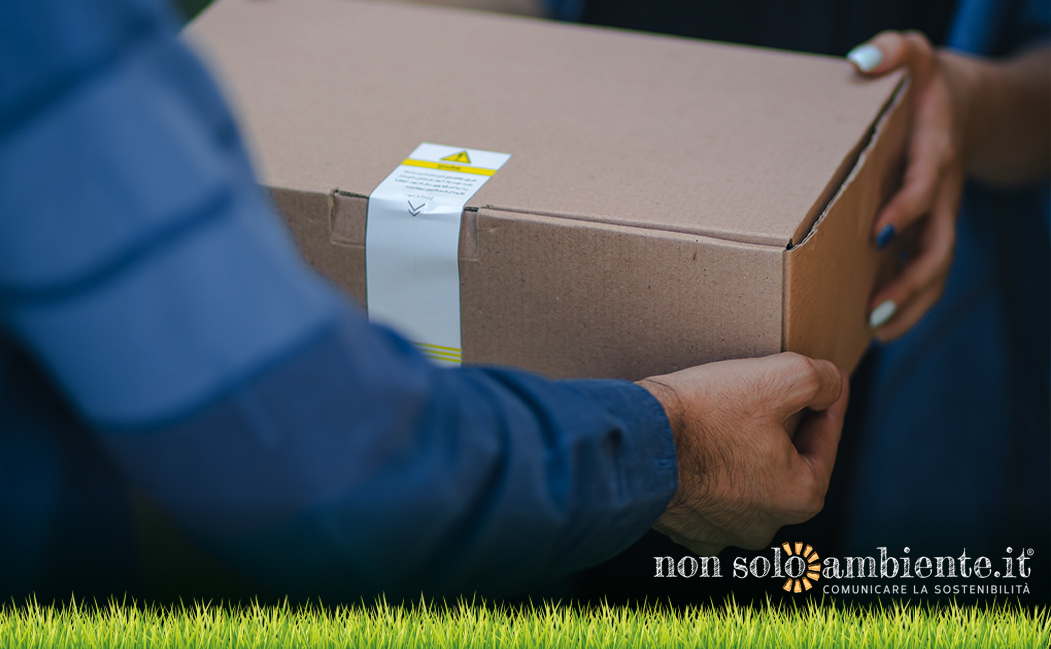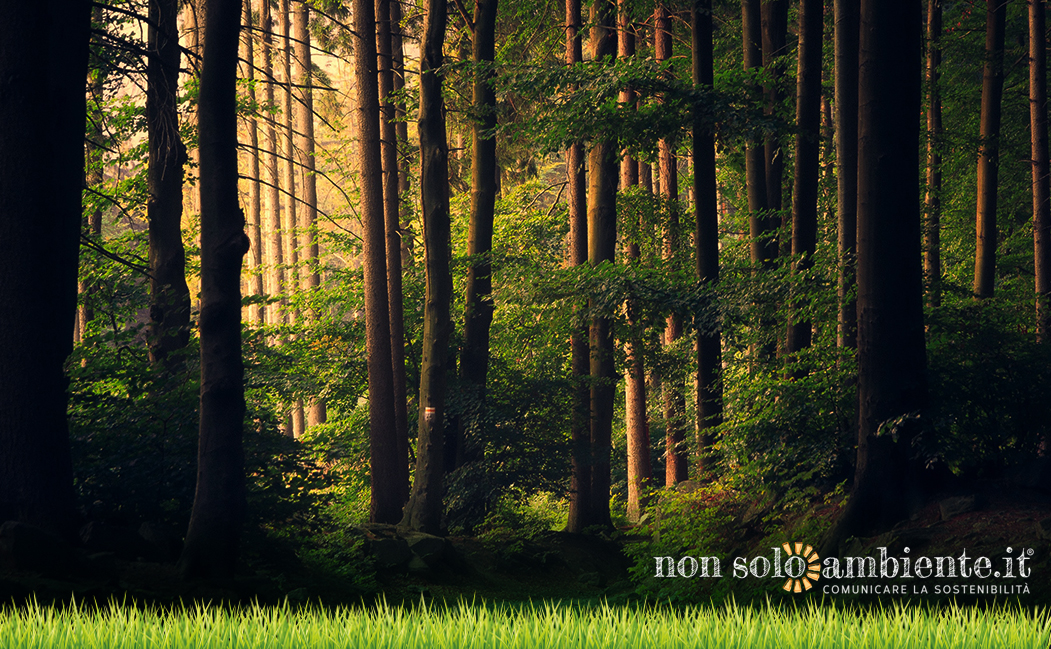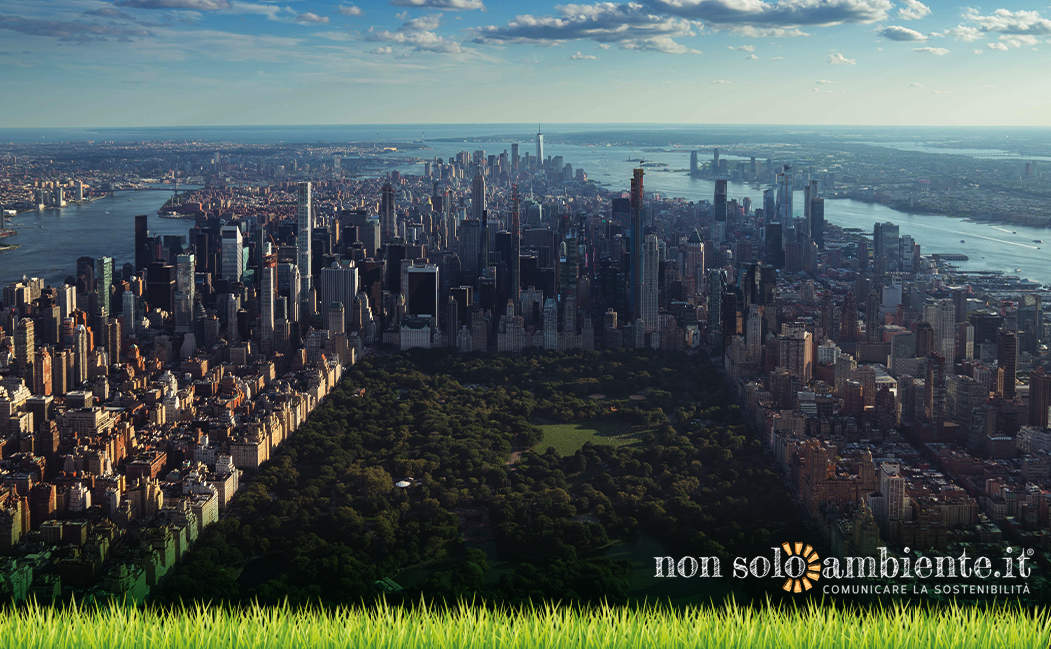
Ultime Notizie

English version by Lara Gastaldi
Artifishal is a docufilm by Patagonia, which recounts the economic interests behind the fishing industry: huge farms for industrial fish breeding – that put wild species’ wellness and existence on risk.
The 80 minutes movie recounts the wild fish and salmons that do not go upstream but stay inside farms to experiment genetic hybridization instead – and subsequently come back to rivers and seas to be caught. The documentary, by Yvon Chouinard – Patagonia’s founder – is online and available on YouTube.
The movie is produced by Liars & Thieves and explores the ecological, economic and cultural costs of mankind, which believes that technology will compensate for natural habitat’s annihilation. The film condemns the impact of fish farms, which is an industry that obstructs the rescue of wild fish, that pollutes rivers and that contributes to worsening the problem for which it has been advanced as the solution.
The use of traditional incubation programs promoted the general decline of wild species; for instance, different species of salmon have been led to extinction. The third Patagonia’s product explores the wild fish’s problematic situation due to fish farms. The images of American farms in California, Washington, Oregon and Idaho show the conditions of huge quantity of genetically and qualitatively lesser salmon and how salmons are raised.
Most of the European harvested salmon companies are located in Norway and Scotland. Fish farms with net fences crucially contribute to the dramatic extinction of the Atlantic sea wild salmon. Indeed, this kind of farm allows the spread of disease and pollution in the surrounding environment, where salmons and trout fight for their own life.
“In my last fish hunt in Norway – as Jasper Pääkkönen, Patagonia Fly Fishing Ambassador, illustrates – I’ve collected some samples from a fish with a disease which severely damaged its skin – similarly to a skin fungus. I’ve sent the samples to the Norwegian authorities who patrol fish hunting activities, as I wanted to find out whether that fish was a wild infected salmon or one which fled from a farm”.
In the last 40 years, the presence of salmons in the Atlantic Sea decreased from 10 to 3 million and if we are not capable of protecting their habitat, they may extinct.
This is happening to bluefin tuna; “the majority of experts - Jasper Pääkkönen concludes – believe that these species will extinct within the next two decades if we keep on eating it. Bluefin tuna is in danger in the same way of other mammals we all know are on risk; however, we keep on eating it, because of its taste”.
With this project, Patagonia has the aim to protect the wild river habitat and to work for a future when the next generations could have the chance to go fishing and to eat fish. The European campaign, which reports the actions of the salmon industry in Iceland, Norway, Scotland and Ireland, asks the audience to join the cause with a petition to send to these countries in order to stop fish farming activities in net fences in the open sea.
You can watch the full movie on YouTube:
Tags:
Potrebbero interessarti ...
Snam’s commitment to sustainability at Dubai Expo 2020
13 Ottobre 2021No more chocolate by 2050 because of extreme droughts effects
22 Settembre 2021How much CO₂ do urban forests absorb?
15 Settembre 2021Iscriviti alla nostra Newsletter!
Sei un sostenitore dell'ambiente in tutte le sue forme? Allora sei nel posto giusto!
Iscriviti subito!




